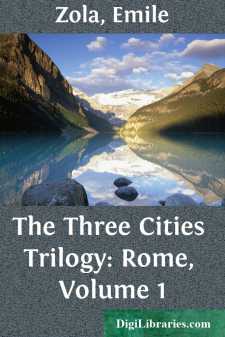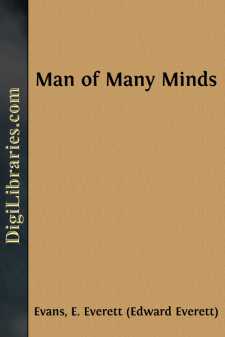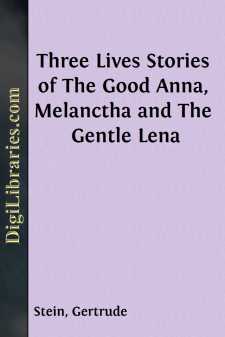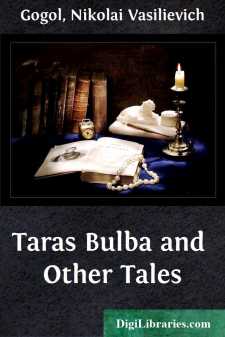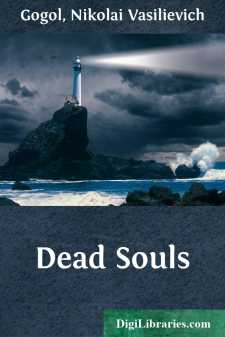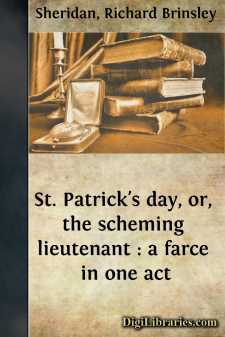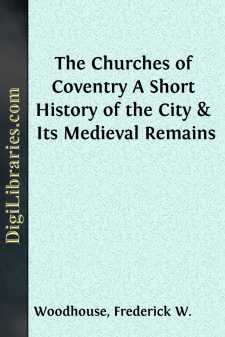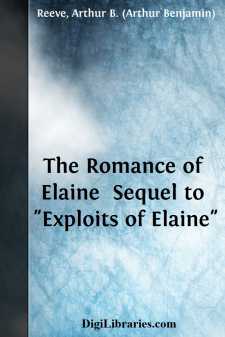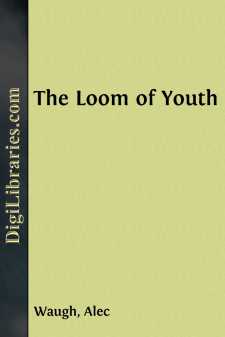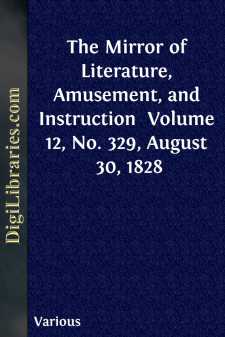Categories
- Antiques & Collectibles 13
- Architecture 36
- Art 48
- Bibles 22
- Biography & Autobiography 813
- Body, Mind & Spirit 142
- Business & Economics 28
- Children's Books 17
- Children's Fiction 14
- Computers 4
- Cooking 94
- Crafts & Hobbies 4
- Drama 346
- Education 46
- Family & Relationships 57
- Fiction 11829
- Games 19
- Gardening 17
- Health & Fitness 34
- History 1377
- House & Home 1
- Humor 147
- Juvenile Fiction 1873
- Juvenile Nonfiction 202
- Language Arts & Disciplines 88
- Law 16
- Literary Collections 686
- Literary Criticism 179
- Mathematics 13
- Medical 41
- Music 40
- Nature 179
- Non-Classifiable 1768
- Performing Arts 7
- Periodicals 1453
- Philosophy 64
- Photography 2
- Poetry 896
- Political Science 203
- Psychology 42
- Reference 154
- Religion 513
- Science 126
- Self-Help 84
- Social Science 81
- Sports & Recreation 34
- Study Aids 3
- Technology & Engineering 59
- Transportation 23
- Travel 463
- True Crime 29
Sort by:
by:
Emile Zola
PART I THE train had been greatly delayed during the night between Pisa and Civita Vecchia, and it was close upon nine o'clock in the morning when, after a fatiguing journey of twenty-five hours' duration, Abbe Pierre Froment at last reached Rome. He had brought only a valise with him, and, springing hastily out of the railway carriage amidst the scramble of the arrival, he brushed the eager...
more...
Cadet George Hanlon stood stiffly at attention. But as the long, long minutes dragged on and on, he found his hands, his spine and his forehead cold with the sweat of fear. He tried manfully to keep his eyes fixed steadily on that emotionless face before him, but found it almost impossible to do so. Tension grew and grew and grew in the room until it seemed the very walls must bulge, or the windows...
more...
by:
Gertrude Stein
Part I The tradesmen of Bridgepoint learned to dread the sound of "MissMathilda", for with that name the good Anna always conquered. The strictest of the one price stores found that they could givethings for a little less, when the good Anna had fully said that "MissMathilda" could not pay so much and that she could buy it cheaper "byLindheims." Lindheims was Anna's...
more...
CHAPTER I "Turn round, my boy! How ridiculous you look! What sort of a priest's cassock have you got on? Does everybody at the academy dress like that?" With such words did old Bulba greet his two sons, who had been absent for their education at the Royal Seminary of Kief, and had now returned home to their father. His sons had but just dismounted from their horses. They were a couple of...
more...
CHAPTER I To the door of an inn in the provincial town of N. there drew up a smart britchka—a light spring-carriage of the sort affected by bachelors, retired lieutenant-colonels, staff-captains, land-owners possessed of about a hundred souls, and, in short, all persons who rank as gentlemen of the intermediate category. In the britchka was seated such a gentleman—a man who, though not handsome,...
more...
ACT I. SCENE I.—LIEUTENANT O'CONNOR's Lodgings. Enter SERJEANT TROUNCE, CORPORAL FLINT, and four SOLDIERS. 1 Sol. I say you are wrong; we should all speak together, each for himself, and all at once, that we may be heard the better. 2 Sol. Right, Jack, we'll argue in platoons. 3 Sol. Ay, ay, let him have our grievances in a volley, and if we be to have a spokesman, there's the...
more...
CHURCHES OF COVENTRY MONASTERY AND CITY The opening words of Sir William Dugdale's account of Coventry assert that it is a city "remarkable for antiquity, charters, rights and privileges, and favours shown by monarchs." Though this handbook is primarily concerned with a feature of the city he does not here mention—its magnificent buildings—the history of these is bound up with that of...
more...
CHAPTER I THE SERPENT SIGN Rescued by Kennedy at last from the terrible incubus of Bennett's persecution in his double life of lawyer and master criminal, Elaine had, for the first time in many weeks, a feeling of security. Now that the strain was off, however, she felt that she needed rest and a chance to recover herself and it occurred to her that a few quiet days with "Aunt" Tabitha,...
more...
by:
Alec Waugh
PREFACE TO NEW EDITION Books have their fates and this one's has been curious. I wrote it between January and March 1916, when I was seventeen and a half years old and in camp at Berkhamsted with the Inns of Court O.T.C. I loathed it there, everything about it, the impersonal military machine, the monotonous routine of drills and musketry, the endless foot-slogging, the perpetual petty...
more...
by:
Various
NEW CHURCH, BUILDING AT STAINES. Who has journeyed on the Exeter road without noticing the town of STAINES, with its host of antiquarian associations—as the Stana (Saxon) or London Stone, its ancient bridge, for the repair of which three oaks out of Windsor Forest were granted by the crown in the year 1262, besides pontage or temporary tolls previous to the year 1600.—Dr. Stukeley's...
more...


